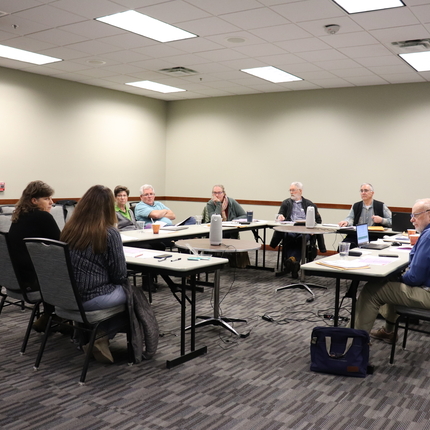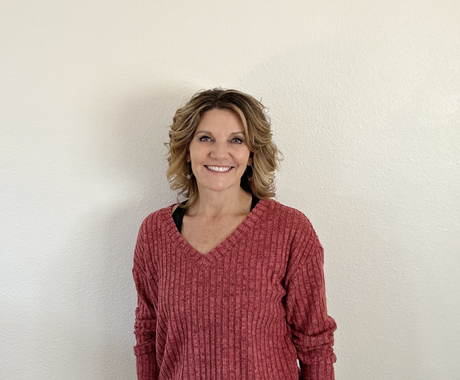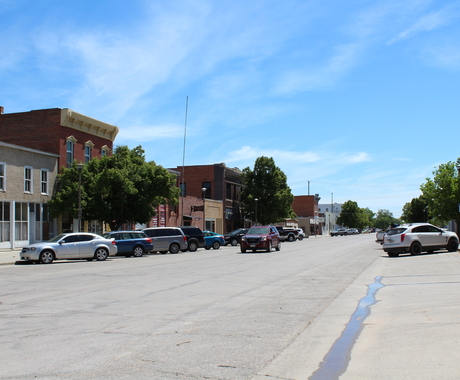The Center envisions a vibrant future with strong rural communities and robust local economies.
We work hard to ensure that everyone who calls rural America home will have the opportunity to fully participate in that future regardless of the size of their bank account, how many acres they own, or what language they speak. It's a bold vision of widespread economic opportunity and stewardship of natural resources.
With such an ambitious vision, I'm often asked how the Center decides what specific work to focus on. There are an endless number of things we could tackle, but we don't have unlimited resources.
While we have a bold vision for the future, we also believe the best way to achieve this vision is through incremental change, day by day, year by year. Lasting positive change only happens through incremental improvements and with support and adoption by residents of rural communities.
With this in mind, several factors help guide our decisions.
- Is it within our mission? The Center is committed to promoting social and economic justice, creating opportunities for all, and stewarding our natural resources. This commitment means we prioritize work that helps ensure everyone who lives in rural America can be a full participant in civic, economic, and cultural life.
- Is this a need or issue shaping the future of rural communities today? The Center is forward-looking in our approach. We engage with community members to understand their needs and concerns, and we research trends impacting rural places. We work to remain relevant as circumstances change. We recognize that this sometimes means changing our approach or entirely ending or starting new initiatives.
- Can we move the needle? Can we make change? This is the pragmatic part of the Center and is sometimes one of the more difficult questions with which we grapple. For some important issues or challenges facing rural communities, we do not see a viable change strategy at hand. For others, we do not see a way in which the Center's engagement is likely to shift the course. This doesn't mean the issue isn’t important, but it does mean we may choose to focus our limited resources elsewhere. We are also more inclined to work at the systems level, where progress has a farther reaching impact.
- Do we have the financial and human capacity to commit to an issue or project? This is also sometimes difficult. There are things we would like to work on, but for which we do not have sufficient resources. The Center maintains a core set of ongoing programs. We work first to raise funds to continue these efforts. New issues and new programs receive careful consideration before we commit to them. It is important that we have the financial and human capacity to engage in a meaningful way in each area of work we choose to take on. Those resources are not always available.
- Are other organizations working on it? We believe in a robust ecosystem of change advocates, each working on different components of the work. When other organizations have the capacity and expertise or have built programming around a specific topic, we may let them take the lead. Often we seek to partner or help build the capacity of others to address issues beyond our scope. We focus our resources where the Center can bring meaningful capacity and offer unique value.
A lot needs to happen to create vibrant rural communities with economic opportunity for all and stewardship of our natural resources. We employ multiple strategies to achieve our goals including policy change, community organizing, technical assistance, and lending. With this breadth of work, and to ensure that we are effective at the work we commit to, we are always making decisions on what to pursue.
The factors outlined here give you a sense of how we make those decisions. Your engagement with the Center helps to inform our decision making, and your support helps us implement the work.
Feature photo: During the March 2023 board meeting, in York, Nebraska, small groups met to discuss future areas of work. | Photo by Rhea Landholm





